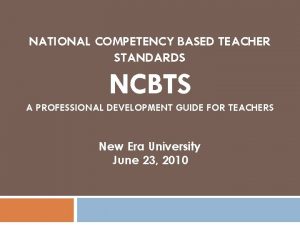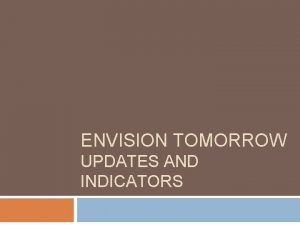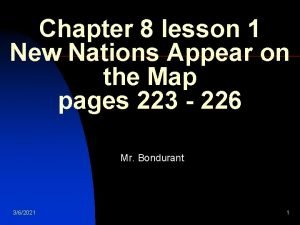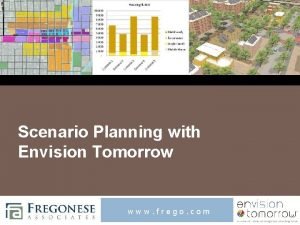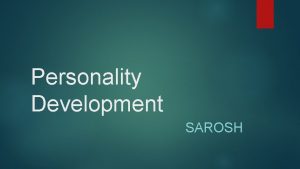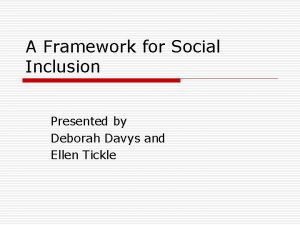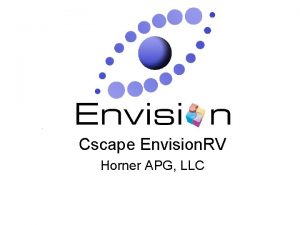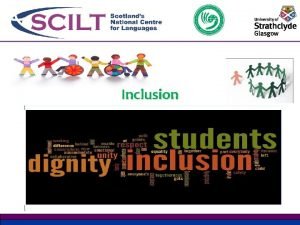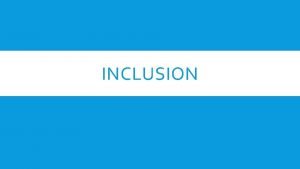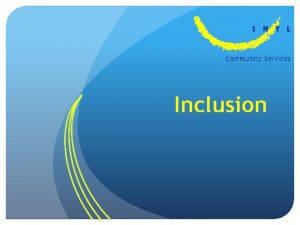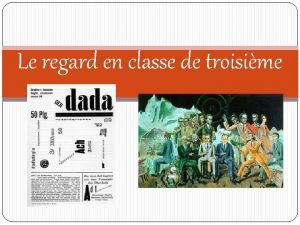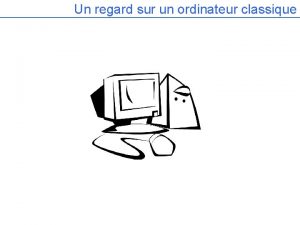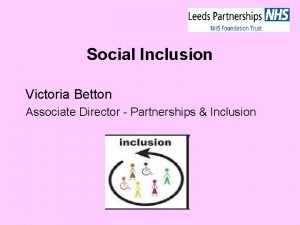How to envision social inclusion with regard to










- Slides: 10

How to envision social inclusion with regard to people with profound intellectual and/or multiple disabilities? Conference on social inclusion Utrecht, May 17 th 2019 prof. dr. Evelien Tonkens, prof. dr. Margo Trappenburg, prof. dr. Frans Vosman, Simon van der Weele MA, Yente Eekhof, dr. Femmianne Bredewold

• ‘I don't believe we can survive in a society where everyone is the same. Whether you miss an arm, are mentally slow or otherwise different, you have something to give to this society. Victor shows how you can look at each other without judgment, without expectations. When you look at Victor, you look at the acceptance of simply ‘being’. A society needs that too’. (Volkskrant, opinie 11 mei 2019) ‘People feel sorry for me having a son with an intellectual disability’ | 2

How to envision social inclusion with regard to people with PIMD? What gets counted? What gets discounted? ‘Mainstream’ settings Segregated settings People with mild to moderate intellectual disabilities People with more profound and challenging disabilities Simplican et al. , 2015; Mietola et al. , 2017

Consortium researchproject ‘How to envision social inclusion in sheltered living institutions? ’ | 4

Social inclusion based on equality or difference? The principles of the present Convention shall be: • a) Respect for inherent dignity, individual autonomy including the freedom to make one’s own choices, and independence of persons; • b) Non-discrimination; • c) Full and effective participation and inclusion in society; • d) Respect for difference and acceptance of persons with disabilities as part of human diversity and humanity; • e) Equality of opportunity; • f) Accessibility; • g) Equality between men and women; • h) Respect for the evolving capacities of children with disabilities and respect for the right of children with disabilities to preserve their identities. (Article 3 UN-convention)

Social inclusion based on equality or difference? Equality -> participative citizenship: Danger: unrealistic, loneliness. Difference -> dignified citizenship: Danger: (further) marginalisation

Program • 13. 30 – 13. 45 Introduction • 13. 45 – 14. 30 Keynote 1| Prof. Dr. Christine Bigby 14. 30 – 14. 45 Discussant| Dr. Alice Schippers • 14. 45 – 15. 15 Coffee/ tea • 15. 15 – 16. 00 Keynote 2|Dr. Stacy Clifford Simplican • 16. 00 - 16. 15 Discussant|Prof. dr. Evelien Tonkens • 16. 15 – 16. 50 Discussion|Prof. dr. Margo Trappenburg • 16. 50 – 17. 00 Concluding remarks Het project van de Uv. H | 7

Discussion Het project van de Uv. H | 8

Closing off Het project van de Uv. H | 9

Thank you Het project van de Uv. H | 10
